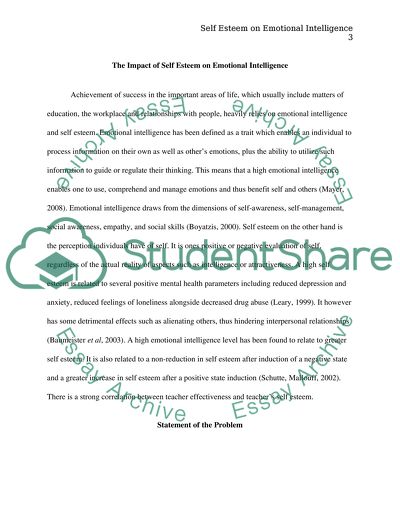Cite this document
(“The Impact of Self Esteem on Emotional Intelligence Research Paper”, n.d.)
Retrieved de https://studentshare.org/psychology/1390537-the-impact-of-self-esteem-on-emotional-intelligence
Retrieved de https://studentshare.org/psychology/1390537-the-impact-of-self-esteem-on-emotional-intelligence
(The Impact of Self Esteem on Emotional Intelligence Research Paper)
https://studentshare.org/psychology/1390537-the-impact-of-self-esteem-on-emotional-intelligence.
https://studentshare.org/psychology/1390537-the-impact-of-self-esteem-on-emotional-intelligence.
“The Impact of Self Esteem on Emotional Intelligence Research Paper”, n.d. https://studentshare.org/psychology/1390537-the-impact-of-self-esteem-on-emotional-intelligence.


